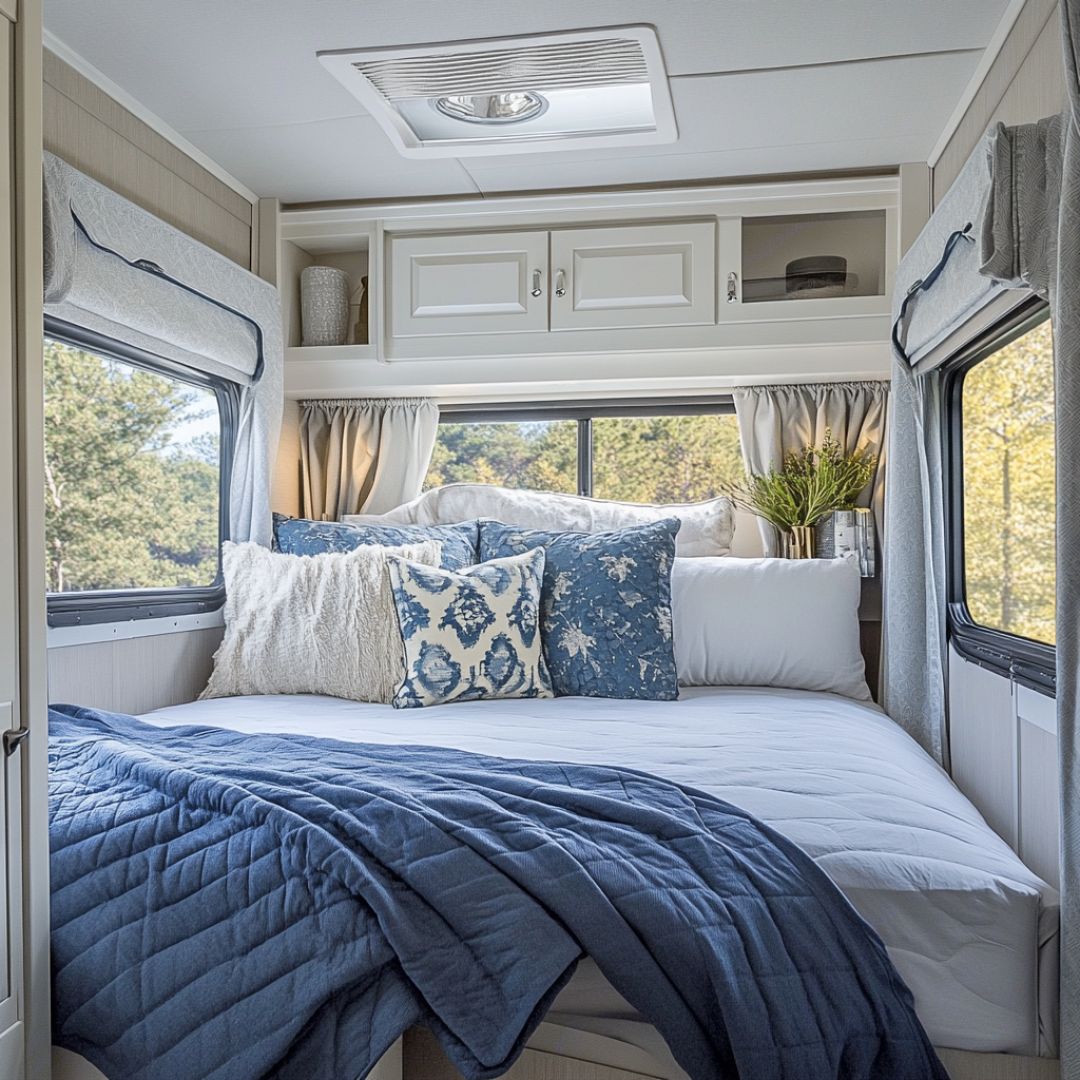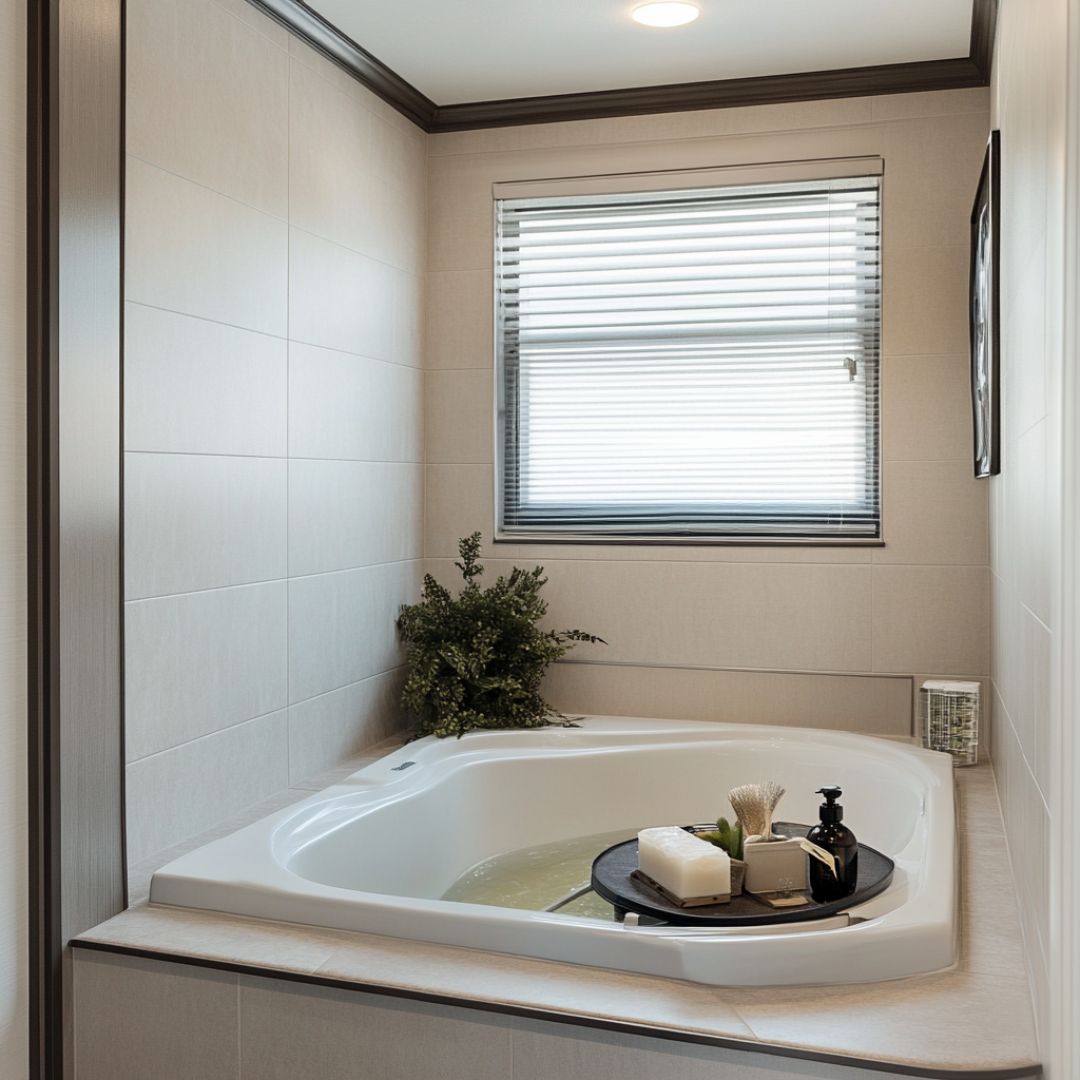When Emma lost her job at the local diner, she thought it would only be temporary. A few weeks, maybe a month, until she found something else. But as the weeks stretched into months, the reality became unbearable. She was a single mother with two children, both under the age of ten, and the bills kept piling up. The landlord grew impatient, eviction loomed over her, and Emma often lay awake at night listening to her children’s steady breathing, wondering how she could shield them from a storm she no longer knew how to control.
Her world shrank to survival. Meals became smaller, sometimes only a can of soup stretched between the three of them. Electricity was cut for a time, leaving their apartment in darkness lit only by candles. She kept up appearances for the children, forcing smiles and singing lullabies, but when they fell asleep, she broke down in silence. The weight of not knowing what tomorrow might bring was crushing.
The turning point came in the most unexpected way. A woman named Claire, who had seen Emma often at the food bank, struck up a conversation. Claire was kind but direct—she asked Emma what she truly needed, beyond groceries or temporary help. Emma, exhausted and honest, whispered, “A safe place for my kids. Just a home.” Claire didn’t say much then, but a week later, she returned with news that seemed too good to be true. Through a small community project, there was a tiny house available, and Claire wanted Emma and her children to have it.
The day they drove out to see it, Emma could hardly believe her eyes. Nestled in a quiet clearing in the woods, the little house stood proud against the tall pines, smoke curling from a small chimney. Birds sang overhead, and the scent of pine needles and fresh earth filled the air. To Emma, it looked like a storybook cabin, something she had only ever seen in pictures.

She stepped inside, holding her children’s hands, and gasped. The space was nothing short of breathtaking. White shiplap walls made the rooms feel bright and open, and sunlight poured in through wide windows. A loft bed tucked under a slanted roof gave the children their own secret hideaway, complete with cozy blankets and shelves ready for toys and books. Below, a snug couch unfolded into Emma’s own bed, placed near a wood-burning stove that promised warmth through the coldest nights.
The kitchen was compact but gleaming, with polished counters, a tiny fridge, and a farmhouse sink. Every detail spoke of care: handwoven rugs, a small dining nook framed by windows that looked out into the woods, even a vase of fresh wildflowers on the table. In the bathroom, a clawfoot tub sat beneath a skylight, and Emma felt tears spring to her eyes. Luxury, she realized, wasn’t always about grandeur—it was about thoughtfulness, safety, and beauty woven into everyday living.

Her children squealed with joy, running from room to room, peeking into the loft and opening cabinets as if unwrapping gifts. For them, it wasn’t just a house—it was a wonderland. For Emma, it was the first time in years she felt like she could breathe.
Slowly, life began to transform. With stable housing, Emma found it easier to search for work. She planted herbs in small pots on the porch, watched her children play freely in the woods, and rediscovered her laughter. The walls of the tiny house absorbed their stories, their voices, their hope. Each night, as she tucked her kids into their loft beds, she felt a deep peace replace the fear that had once haunted her.
The tiny house in the woods wasn’t just shelter. It was a gift of dignity, stability, and love. And in its quiet rooms, Emma found more than safety—she found the courage to dream again.

Leave a Reply